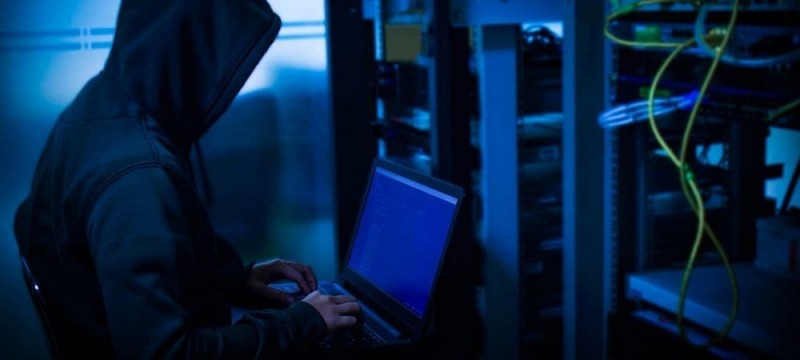
If your laptop starts behaving strangely, such as opening programs on its own, shutting down unexpectedly, or displaying unusual error messages, it could be a sign of unauthorized access.
Monitor your network activity. If you notice significant data transfers when you're not actively using your laptop or connections to unfamiliar IP addresses, it might indicate a breach.
Check for unfamiliar user accounts on your laptop. Hackers often create new accounts to maintain access to the system.
If files or programs suddenly disappear from your laptop, it could be a sign of unauthorized access. Hackers may delete or encrypt files to disrupt your system or steal sensitive information.
Pay attention to any alerts from your antivirus software. If it detects malware or suspicious activity, it could indicate a hacking attempt.
If you start seeing an increase in pop-up ads or warnings, especially ones related to security or antivirus software, it could be a sign of a malware infection.
Hacked laptops often experience a decrease in performance due to the additional processes running in the background. If your laptop becomes significantly slower without any apparent reason, it's worth investigating further.
Keep an eye on any changes to your laptop's settings, such as modifications to the firewall or security settings. Hackers may alter these settings to maintain access to your system or to bypass security measures.
If you notice unauthorized access to your online accounts, such as social media or email, it could be a result of a compromised laptop. Hackers may use your laptop to steal login credentials or gain access to sensitive information.
Monitor your bank accounts and credit card statements for any unauthorized transactions. Hackers may use your laptop to gain access to your financial information and carry out fraudulent activities.
If you receive a ransomware message demanding payment in exchange for unlocking your files, it's a clear indication that your laptop has been compromised. Avoid paying the ransom and seek professional help to restore your system.
Check your email sent folder for any unexpected outgoing emails, especially ones containing suspicious links or attachments. Hackers may use your laptop to send spam or phishing emails to your contacts.
If your web browser keeps redirecting you to unfamiliar websites or search engines, it could be a sign of a malware infection or unauthorized modifications to your browser settings.
If you notice new software installations on your laptop that you didn't authorize or initiate, it could indicate a hacking attempt. Hackers may install malicious software to gain control of your system or steal your data.
Monitor your laptop's CPU usage. If you notice unusually high CPU usage when your laptop is idle, it could be a sign of malware running in the background.
Pay attention to any security certificate warnings displayed by your web browser or other applications. If you receive warnings about invalid or expired certificates, it could indicate a man-in-the-middle attack or other security threat.
If your laptop unexpectedly reboots or crashes frequently, it could be a sign of a hacking attempt. Hackers may exploit vulnerabilities in your system to gain control and disrupt its normal operation.
Check for any signs of remote access to your laptop, such as unauthorized logins or changes to remote desktop settings. Hackers may use remote access tools to control your system without your knowledge.
Pay attention to any unusual activity from your laptop's hardware components, such as the webcam or microphone turning on by themselves. It could be a sign of unauthorized access or surveillance.
If you encounter error messages or warnings during the boot process, it could indicate a compromised bootloader or other security issue. Take note of any unusual messages and seek assistance from a cybersecurity professional.
If you notice a sudden increase in spam emails in your inbox, it could be a result of your email account being compromised through your laptop. Hackers may use your email account to send out spam or phishing emails to unsuspecting recipients. Keeping your laptop secure is crucial in today's digital age. By staying vigilant and monitoring for signs of hacking, you can protect your sensitive information and prevent unauthorized access to your system. If you suspect that your laptop has been hacked, take immediate action to mitigate the damage and seek assistance from cybersecurity experts.
Does an old cooler really consume more power units than a new AC?
The first Made in India Hyundai EV will be launched, will get a range of 400-500 km
BMW i4 facelift introduced, will get 600 km range in single charging